What These Lawsuits Mean for Ski Areas
Last week, both Alterra Mountain Company and Vail Resorts found themselves at the whipping end of class-action lawsuits alleging the ski resort companies that closed in March due to Covid-19 defrauded customers by not offering partial refunds of season passes.
On April 14 in U.S. District Court in Colorado, Robert Stephen Kramer (on behalf of other plaintiffs) of Villa Park, Calif., filed suit against Alterra Mountain Company, which owns Stratton and Sugarbush in Vermont and operates 13 other ski resorts across North America. The lawsuit alleges:
In mid-March, with months left in the ski season, ski resorts covered by the Ikon pass closed early. Ikon pass holders did not receive the benefits that they paid for. Case 1:20-cv-01057 Document 1 Filed 04/14/20 USDC Colorado Page 1 of 14 2 3. Despite not providing the promised skiing access, Defendants did not offer a refund (or even partial refund) on passes. Instead, Defendants kept all of skiers’ money. With hundreds of thousands of pass holders, this amounts to tens of millions (or more) in unjust profits. 4. Plaintiff brings this case on behalf of himself and the hundreds of thousands of skiers who purchased Ikon ski passes for the 2019-2020 ski season but did not get the full benefits they paid for. Plaintiff seeks fair and reasonable compensation for Ikon pass holders.”
Four days earlier, Brian Hunt of San Ramon, filed a similar suit against Vail Resorts. In the suit, filed in Northern California’s District Court, attorneys for Hunt wrote: “In June of 2019, Mr. Hunt purchased an annual Tahoe Local season pass for $499 which promised mountain access from October 2019 to June 2020, so long as there was snow. On March 25, 2020, Defendant notified passholders that it closed all 34 of its North American resorts. Defendant has retained the full amount of his annual pass fee even though Plaintiff does not have access to any of Defendant’s resorts. Further, Defendant has not refunded Plaintiff any part of his annual pass fee for March 25 through the present, when Defendant’s resorts were closed (and continue to remain closed). Plaintiff signed up for Defendant’s annual pass with the understanding that he would be able to access Defendant’s resorts from October 2019 through June 2020, so long as there was snow on the mountains.”
Both suits are class-action suits and each names respectively, Ikon and Epic Pass holders as plaintiffs. Hunt’s suit also names California pass holders as a subgroup.
Do these suits stand a chance?
Parker Riehle, a lawyer, lobbyist and former president of the Vermont Ski Areas Association doesn’t think so. “Any time you buy a season pass, you go in with the understanding that the ski season could get cut short by any number of factors that are out of the ski resort’s control. Think about a few seasons back when ski areas had to close early because there was no snow. This is not much different from that.”
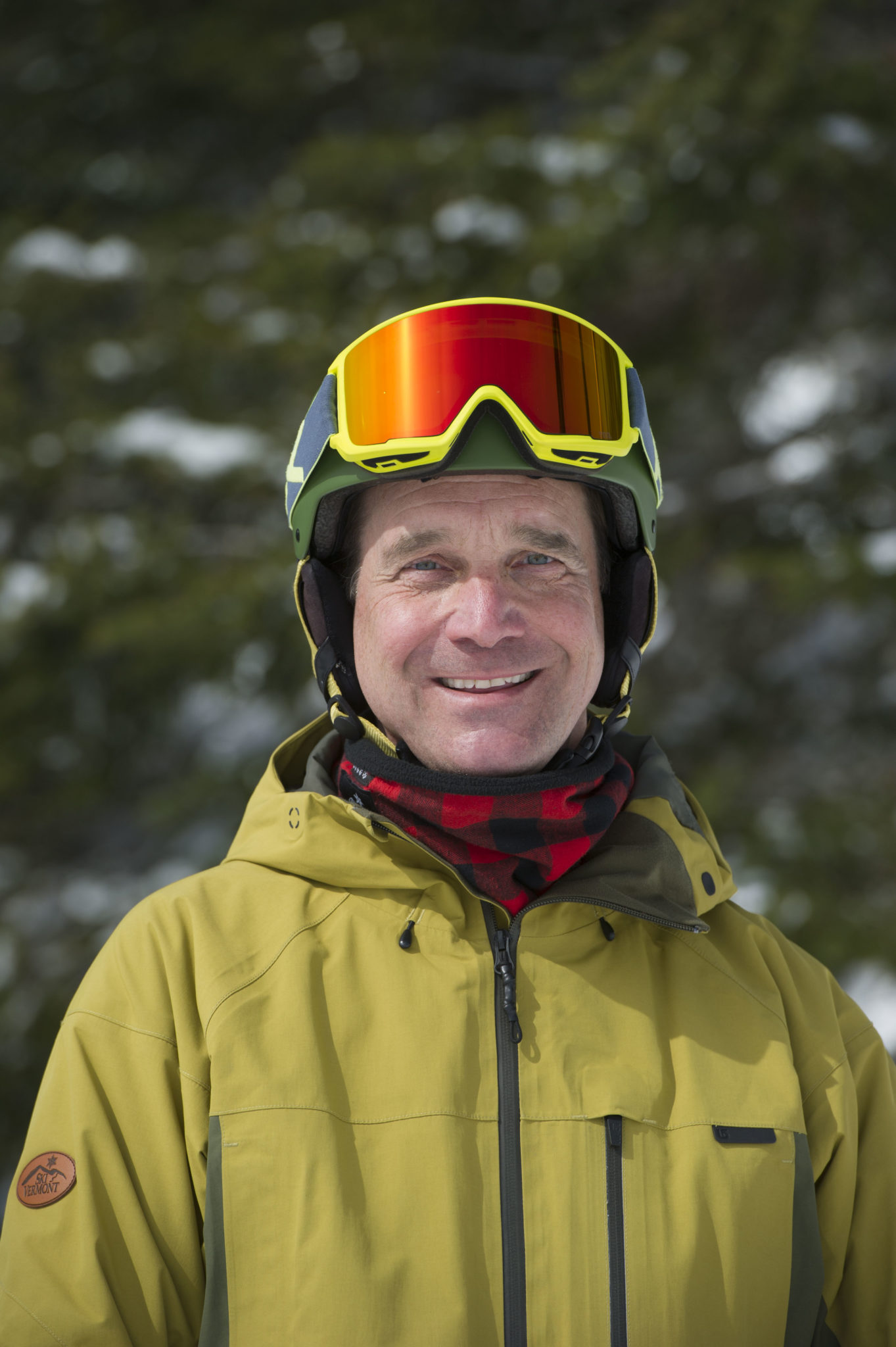
The arrival of Covid-19 is what lawyers term a force majeure – or ‘act of God.’ It is included in many contracts to remove liability for natural and unavoidable catastrophes, events beyond the control of ski resorts.
In addition, state governors ordered the closure of ski areas in Colorado (on March 14) and in Vermont and other states just days later, which would have made it illegal for resorts to continue to operate. There is also the issue of precedent: were these suits to prevail, they could be precedents for lawsuits against gyms, golf courses, and many other organizations that offer pre-paid memberships.
“California is really a litigious-friendly state and the epicenter, it seems, for ski industry lawsuits because of its consumer-protection laws. But I can’t imagine any jury listening to this and agreeing with the plaintiffs. You could even argue even that without a governor’s commandment, there was no alternative but to make the humane choice of saving lives by shutting down those epicenters—especially as the ski towns we’re hearing about out west had the highest concentration of Covid-19 cases.”
Both Eagle County (where Vail Resorts is located) and Sun Valley were among the hot spots nationwide for Covid-19 outbreaks.
Riehle also notes the ongoing impact Covid-19 will have. “The real ‘Debbie Downer’ situation here is that as we see restrictions start to ease here in Vermont, until there’s a vaccine, there’s probably going to be at least some level social distancing requirement –whether that’s limiting how many are on a chairlift or spacing tables at base lodges. The earliest best-case scenario for a vaccine they say is a year away so this will have an impact on both pre-season 20/21 pass sales and next year’s ski season.”
The National Ski Areas Association has estimated the projected cost to the ski industry will be $2 billion and, as the adage goes, when the ski industry sneezes rural Vermont (and other rural areas) catches a cold.
As Riehle says, “You have $800 million in spending in Vermont from skiers and riders but the most important part of that story is that two-thirds of those expenditures occur off the mountain in the surrounding towns and villages: gas stations, general stores, restaurants and throughout the communities.
Says Riehle, “There’s this question mark hanging over the industry: what is opening day going to look like for the 20/21 season?”
Riehle, who has also launched Get On Snow, an initiative to bring more people to snowsports adds: “But I look at these lawsuits not only as a lawyer but as somebody well aware of the very delicate relationship between skiers and ski areas, and the significant firepower social media has.”
Riehle points to the recent $200-off offer for returning season pass buyers that Alterra posted on Friday, April 17 as a good response, as well as Alterra’s offer to defer a 2020/21 season pass purchase to 2021/22 “They didn’t have to do this but offering that kind of sweetener is exactly the right kind of thing they should be doing during this crisis.”
Opening photo: A sign at the entrance to the Middlebury College Snowbowl in March, 2020, as ski areas across the country shut down due to Covid-19. Photo by Lisa Lynn

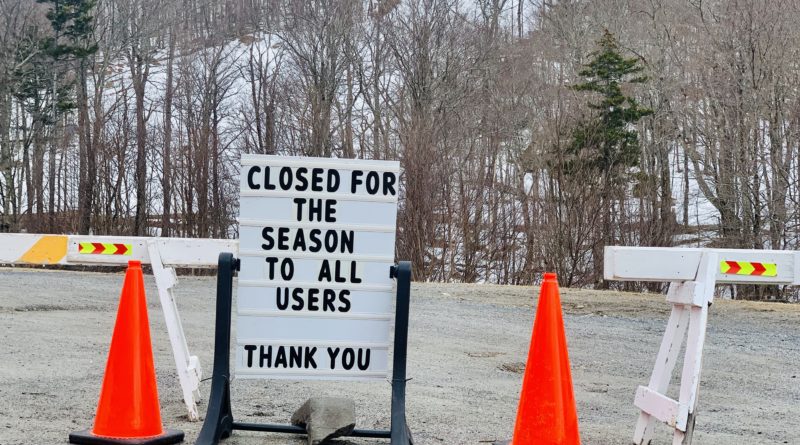
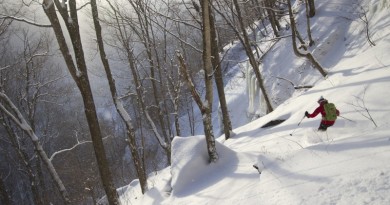
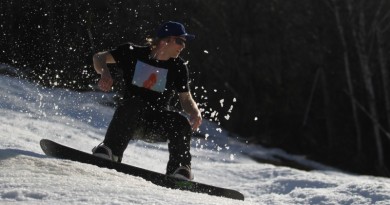
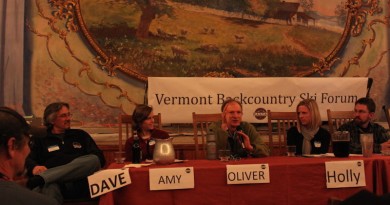
Who would sue a company that wants to stay open and keep people working but is forced to close due to a pandemic?
I missed the end of the season too but I am not whining and hiring lawyers.
Get a grip… in World War II people in Europe hid in basements and attics to escape bombing and persecution.
You get to go hiking in the woods or biking or whatever you do outside- get out there and get over it.
This lawsuit is a based on a “misunderstanding” of the risk/reward proposition that is the basis for a season pass. The mountain gets your money upfront when they need it. The reward is a low price per day for skiing. They risk is that factors beyond your control might prevent you from realizing that discount. We respectfully submit our opinion: these lawsuits are bullshit.
Not a chance anyone gets a settlement If weather changes the season get warm and the areas close in march you are out of luck. Same happens if there is excessive rain and they close. These are simply acts of nature out of the ski areas control. The virus has to be considered the same. You stand a better chance of suing the Chinese government for the irresponsible way in which they did not contain the virus and thus cost you your season.
Pingback: Vail Resorts Offers Pass Refunds – VT SKI + RIDE